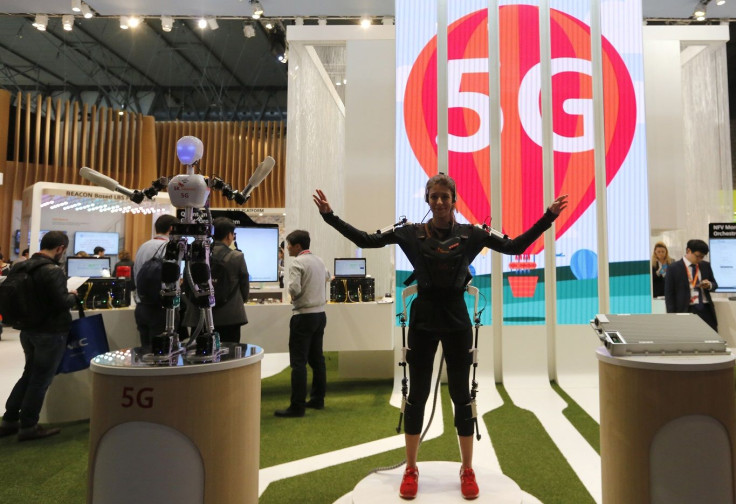Two European cities in the race to be first adopters of 5G

While most economic powerhouses, such as China, the US and the UK, are expected to utilise the 5G network by 2020, two cities from the European region are expected to experience it a little earlier.
According to TeliaSonera, Sweden’s business capital Stockholm and Estonia’s cultural hub Tallinn will be the very first cities to get a taste of the “ultra-fast” network connectivity by 2018. The said inter-city-wide rollout will be made possible through the recently inked strategic collaboration deal between European giant telco TeliaSonera and global mobile technology leader Ericsson.
Follow us on Twitter
“Our ambition is to be at the cutting edge — at all times — offering our customers and society at large all the possibilities that technology brings. Stockholm and Tallinn are two of the most connected cities in the world and now we’ll take them to the next level. 5G will create completely new innovations, ecosystems and great services to our customers. I can’t wait to see how Stockholm and Tallinn will embrace 5G,” said Johan Dennelind, president and CEO of TeliaSonera, on a statement published on the telco's official website.
The deal will see these telecommunication companies working together on the development of the 5G network and its still-unknown commercial potentials, as well as its core essence in the possible utilisation of Internet of Things (IoT) in 2020.
Hans Vestberg, Ericsson's president and CEO, said that the 5G utilisation will encourage more companies and industries to adhere to digitalisation in the future as it is simply built to become the cornerstone of “Industrial Internet.” He added that its partnership with TeliaSonera for 4G utilisation, which began in 2009, will become an essential factor in making Stockholm and Tallinn the very first cities in the world to experience the never-before-seen-and-tested capabilities of 5G.
According to Swedish newspaper The Local , Mats Svärdh, TeliaSonera's vice president of network and IT infrastructure, told Swedish Radio that the very first beneficiaries of 5G in these two cities are, most likely, the high-tech firms. Nonetheless, this will surely allow carriers to offer their customers newer and better services, as a result of telcos’ initial attempts at commercialising the new network technology.
"Our best guess is that we will have everything ready by 2020. In two years, we will see a set of services that are not possible today, but we will [still] probably not be able to offer everything that 5G can offer by then," Svärdh reportedly told Swedish Radio.
The 5G benefit
The arrival of the next-generation network infrastructure 5G is expected to change everything about the world — from communication to commerce and to even how global leaders deal with their respective foreign counterparts.
With faster Internet speeds, communication will become easier and smoother, encouraging network carriers to cope by introducing better and more efficient customer-centric services.
This will also improve gadget-to-cloud connectivity, as 5G is capable of finally translating the still nascent IoT to reality. Among its very first predicted achievements is the commercialisation of self-driving cars, which hitherto remain on the prototype stage due to the inadequacies of 4G network speeds.
The fast-improving broadband speeds will also enhance government transactions and communication across the globe.
Presently, mobile carriers from all parts of the world are conducting their own research and tests to fully understand the 5G developments in the future.
Several firms like 5BARz International (OTCQB: BARZ) , however, are focused on filling in the gaping hole brought about by the shortfalls of 4G network. The company, through its plug-and-play network extender , is among the very first companies that introduced revolutionary measures in alleviating the call drop quandary that has long been beleaguering India for years.
Nevertheless, it is expected that improvements, such as the network extending technology, are to be carried over to 5G. According to Global Times , among the leaders in the 5G preparation are the US, China, Japan, South Korea, the UK and other key cities in the European Union.
The race to becoming the first countries to utilise 5G has also encouraged many firms and countries to collaborate with other technological leaders across the globe.
Ericsson, for instance, is among the global tech leaders that have been helping various firms in designing their respective 5G roadmaps. Among its recent partnerships are with Cisco in the US, and with Softbank , as part of 5G field trials in Tokyo, Japan.




















